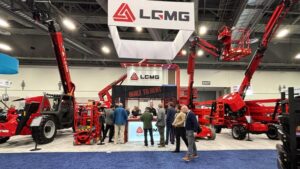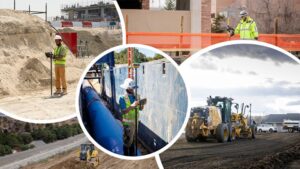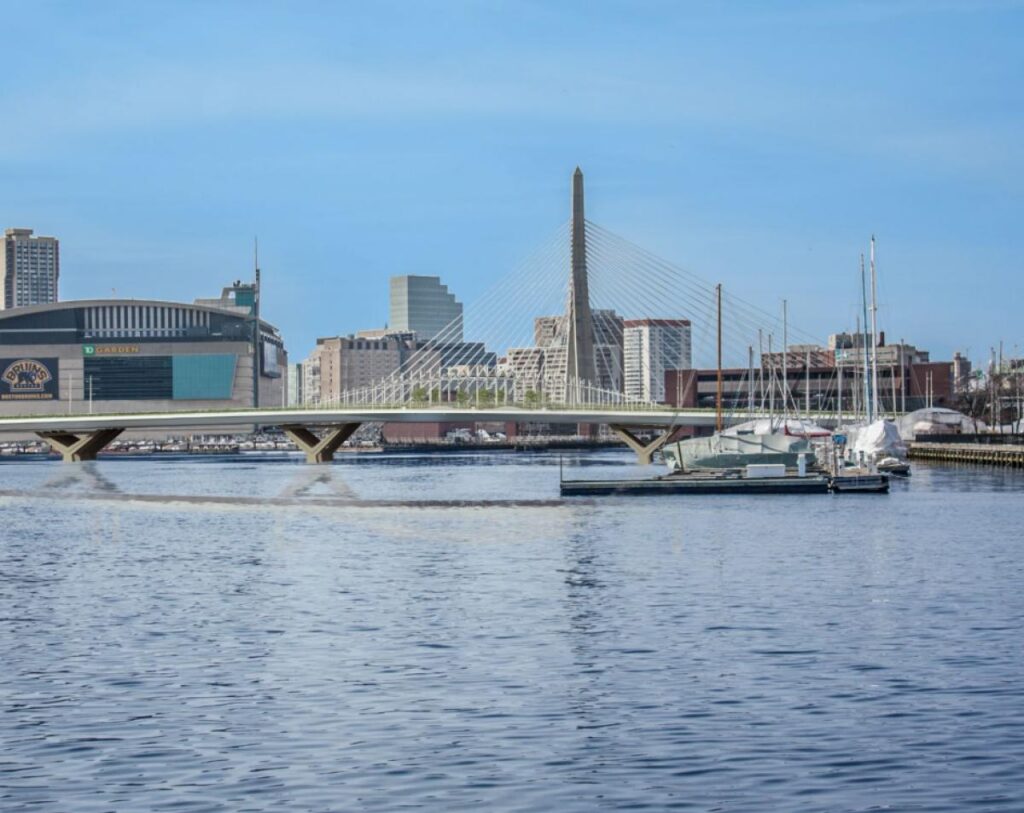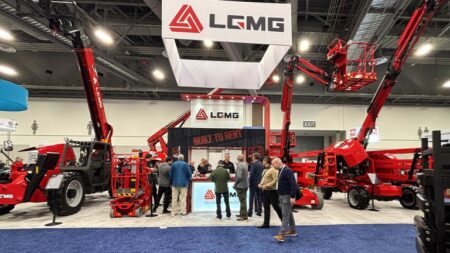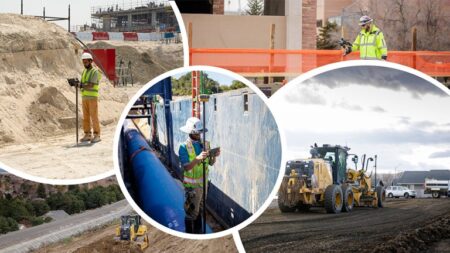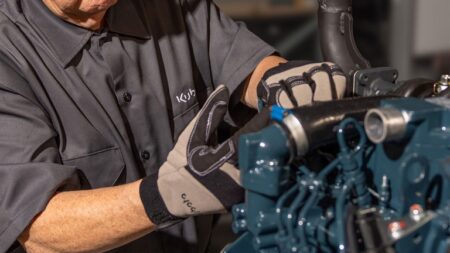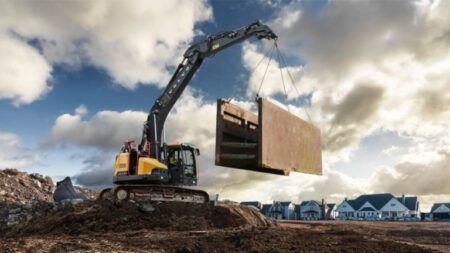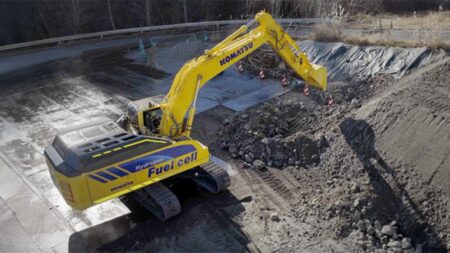The newly renamed Bill Russell Bridge in Boston, replacing the North Washington Street Bridge after six years of construction, is set to fully open next spring. The bridge honors the Celtics legend and civil rights leader. It will have an inbound bus lane and lanes for private vehicles, as well as wide sidewalks and bike lanes. A ceremony celebrated Russell’s legacy and announced dedication of parks on either end of the bridge.
The new structure to replace the more than 100-year-old North Washington Street Bridge over the Charles River, between Boston’s North End and Charlestown, and under construction for over six years, is finally nearing completion.
According to the Massachusetts Department of Transportation (MassDOT), it is expected to finally be “fully open” to all traffic by next April.
Ahead of its anticipated completion, on Oct. 21, the new span was renamed the William Felton “Bill” Russell Bridge to honor the late Boston Celtics great, Basketball Hall of Fame member, and noted civil rights leader.
The eastern side of the nearly bridge partially opened to the general public a year ago, noted StreetsblogMASS, an online news site, but work has been continuing on the western, or upstream, portion of the new structure. Its construction cost is estimated to be nearly $177 million.
Carrie Lavallee, a chief engineer for the state agency, reported at Oct. 16’s MassDOT board meeting that “our current estimate is to have the deck complete by the end of this season, and to make sure that the traffic can be switched over to the new bridge by the end of the year. We hope to have the bridge fully open by the end of [next] spring.”
Bridge Will Create An Inbound Lane for Busy Bus Route
For the past five years, motorized traffic through the bridge construction zone has been confined to just three lanes.
Under current plans, however, when the new bridge fully opens, it will include a single inbound bus lane for one of the Massachusetts Bay Transportation Authority’s (MBTA) busiest bus routes — the 111 — in addition to the less-frequent 92 and 93 routes through Charlestown.
In September 2019, just before the old bridge closed for good, the city of Boston painted a southbound bus lane on North Washington Street between the bridge and MBTA’s Haymarket station. Nearly two years later, municipal officials added a second bus lane in the northbound direction on the same street.
Those changes fueled speculation that when the new bridge finally opened, the city might retain the three-lane bridge layout for general traffic in order to add a second northbound bus lane for the roughly 17,000 bus riders who cross the structure on a typical weekday.
Earlier in October, though, Boston transportation officials confirmed to StreetsblogMASS that the city does not plan to add a second northbound bus lane on the new bridge when the wider bridge deck opens to traffic later this winter.
Instead, the new bridge’s opening will add a fourth lane for private vehicle traffic, which will expand lane capacity and inevitably subsidize more motor vehicle traffic in downtown Boston.
Additionally, on both edges of the bridge, separated from the motor vehicle lanes by vertical barriers, are 19-ft.-wide sidewalks next to 7-ft.-wide protected bike lanes.
The firm in charge of building the new bridge is J.F. White Contracting Co. in Framingham, Mass.
New Structure to Honor Leader On, Off the Court
Boston Mayor Michelle Wu, Massachusetts Gov. Maura Healey, Bill Russell’s wife, Jeannine, and members of the Celtics organization gathered at a ceremony to announce the new bridge’s name, reported WBUR Public Radio in Boston. Many donned Celtics green and wore pins with Russell’s jersey number.
The span over the Charles River also is close to Boston’s TD Garden arena, the current home of the Celtics.
Jeannine Russell spoke tearfully of her husband’s legacy, on and off the basketball court.
“Bill never chased acknowledgment, but I know he would be so proud to be honored with this bridge naming,” she said. “Because deep down, Bill understood that outcomes of his convictions could be a bridge to better understanding of the challenges we face in society and how to navigate our path forward.”
Russell not only changed the game of basketball but was among its most successful players by winning 11 championships over 13 seasons with the Celtics. He later became the first Black head coach in the National Basketball Association (NBA).
He also was an outspoken activist for civil rights, including participating in the March on Washington, working with the NAACP, advocating for changes within the NBA, and protesting segregation in Boston’s schools.
He died in 2022 at the age of 88.
Also speaking at the ceremony was current Celtics star and recent NBA champion Jaylen Brown, who called Russell an inspiration.
“Bill challenged us … daily, challenged us throughout his legacy, throughout his career, throughout his time spent here,” he said. “And as I maneuver through my career, I plan on continuing to walk in his light.”
Additionally, Wu announced two parks will be dedicated on either end of the bridge to two “resident heroes,” community advocate Robert DeCristoforo and Boston Fire Lt. Stephen Minehan.
“They represent, along with Bill Russell and the many, many people he inspired, mentored and shaped, the type of leadership that would make sure our city was a beacon of equity, justice and hope, and legacies that continue to bridge our communities,” she said.
Read the full article here

